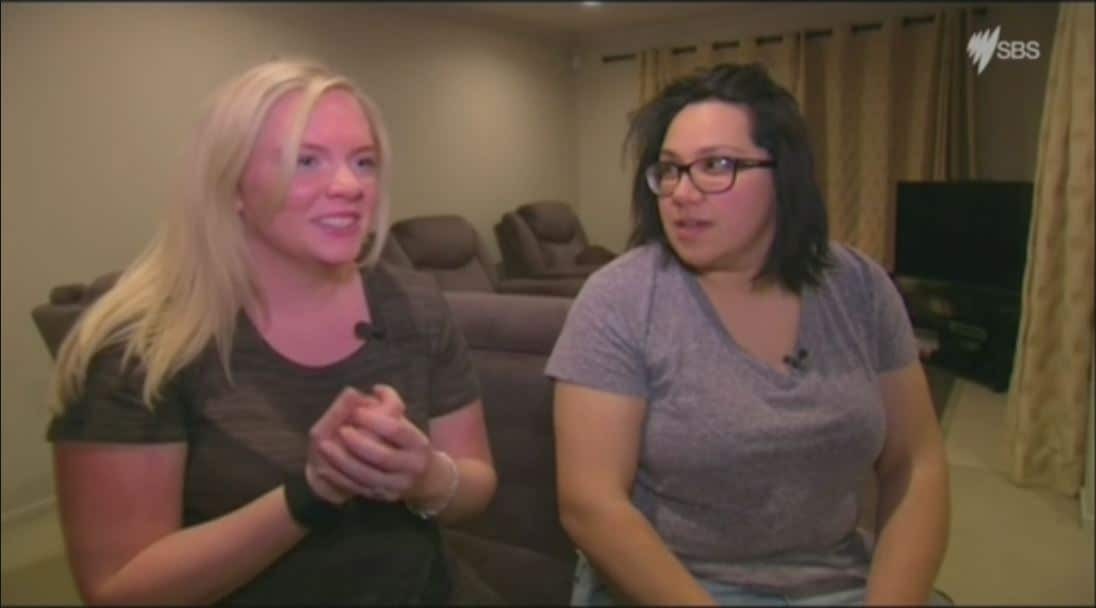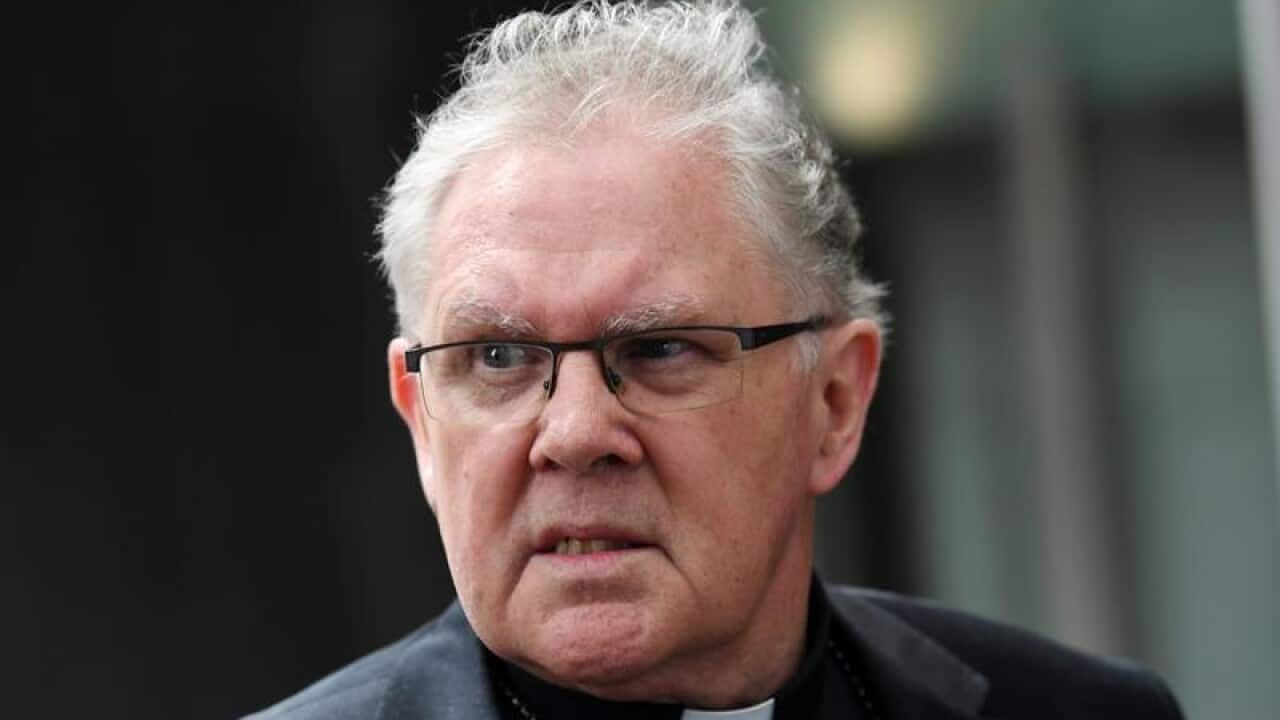New Zealand businesses are cashing in on the flood of same-sex marriage weddings after the country moved to legalise the unions four years ago.
This move meant Brittney Black and Sara Bonner were able to marry but the laws changed on the day their son, Noah, was born.
They thought about getting married then and there, but as new parents, they decided to wait.
On their 10th anniversary this year, the couple decided it was time.
First though, they had to find a wedding venue that was gay-friendly.
“One actually had us as a season, so it was like summer weddings, winter weddings, autumn weddings, spring weddings, same-sex weddings,” Ms Black laughed.
She spoke to a range of venues, but was nervous about how they would be received.
“I got freaked out and I thought I should ask, maybe I should make sure they know, but no one’s been bothered, no one cares,” Ms Black shrugged.
New Zealand’s Parliament voted to legalise same-sex marriage in April 2013 and it came into force four months later in August.

The couple said it felt like legislation was catching up with society.
They spent months preparing for their wedding, making most of their decorations themselves - homemade plaster-cast brains for placeholders in honour of Brittney’s PhD, blackboards for their reception photobooth and a large cardboard Batman as a card receiver.
Ms Bonner baked their three-tiered wedding cake themselves - one half iced traditionally in white, the other splattered with coloured icing and topped with two dinosaurs in a representation of two very different people coming together.
Their choice of wedding march was The Verve’s Bittersweet Symphony.
They acknowledged it was a celebration their Australian friends were envious of.
“It’s just not something you expect Australia to be behind on,” Ms Bonner said.
“New Zealand and Australia have been known to be the more laid back, the more progressive, the more accepting communities, and for Australia to be just thinking about it and not actually actioning it, it's kind of sad,” Ms Black added.
Related reading

Same-sex marriage: Parent-child marriage cited in 'no' push
When Tony Abbott was leading the charge against gay marriage in Australia, New Zealand Prime Minister Bill English was doing the same across the Tasman.
Since then, he has openly acknowledged those worries were misplaced.
“I would probably vote different on same sex marriage now - I don't think it's a threat to marriage between a man and a woman,” Mr English told reporters last December.
Nearly a thousand Australian couples have been married in New Zealand since the laws changed in 2013, making up a more than a quarter of same-sex marriages in the country.
Celebrant Rochelle Fleming, who conducted Ms Black and Ms Bonner’s wedding, officiates about two same-sex marriages a month.
She says for those couples the ceremony holds a special significance as a public affirmation of their love especially if they have had to hide it in the past.
More than half the weddings Ms Fleming does are for foreign couples.
“Plus their entourage of people coming to New Zealand,” she adds.
“So if you were to look at that as a proportion of marriages in New Zealand, that's quite substantial and it contributes to quite a lot of tourism in New Zealand.”
At Gracehill Vineyard just outside Auckland, owner Robin Roodt has been trying to tap into that market.
The Black-Bonner wedding is the ninth same sex wedding to be held at his venue since January and he says the frequency is increasing.
But Mr Roodt also recognises the Australian trade may not be quite so lucrative in the months and years to come if the country legalises same-sex marriage.
Still he supports the initiative.
“Even if for myself I would lose the market, I think it would be good for Australians, same-sex people, for them to be able to get married there with their friends in their country,” Mr Roodt said.
But not all wedding venues are as welcoming.
Reverend Clay Nelson was behind a public campaign at St Matthew's church in Auckland to support the LGBTI community.
He designed controversial billboards, including one depicting a wedding cake topped with two brides and the line: “It doesn’t matter who’s on top”.
Reverend Nelson eventually left the church because it would not allow him to conduct same sex weddings.
Now as the reverend at the city’s Unitarian church, he says it is time for institutions to catch up with society as beliefs will change with each generation.
Reverend Nelson says it is inevitable.
“When the people who are 30 or younger are in charge, none of these attitudes will they carry with them,” he says.
“This is kind of the last gasp of those who are male, pale and stale.”
Meanwhile in Australia, the same-sex marriage debate rages on as the postal survey continues.
Previously Federal Liberal Vice President Karina Okotel and the Christian Lobby’s Lyle Shelton warned same-sex marriage would have flow-on effects for children and anti-discrimination laws.
Ms Okotel said she was hopeful the postal survey would expose a “silent majority” who opposed a change.
“I do think that people haven't had the opportunity to have their say and we don't know what people are thinking,” she said.
“What the ‘Yes’ campaign is really about is asking the state to sanction the creation of an institution that, by design, will contain children who may never know, or have relationships, with their biological parents as their family.”
Ms Okotel argued same-sex marriage would lead to more sexualised content in classrooms, using the example of an image in a school book that depicted a same-sex couple kissing.
“I believe it should be up to a parent to decide when their child is exposed to sexualised content,” she said.
The latest Newspoll shows support for same sex marriage has fallen among voters.
The proportion of voters who support same-sex marriage now stands at 57 per cent, compared to 63 per cent in August and 62 per cent in September last year.



